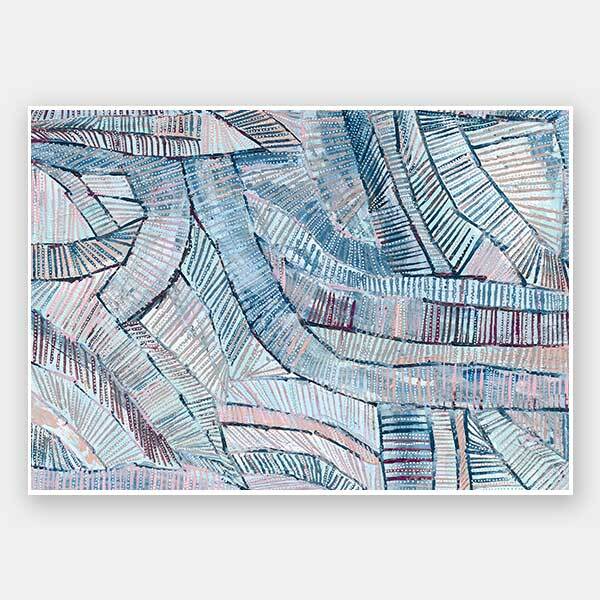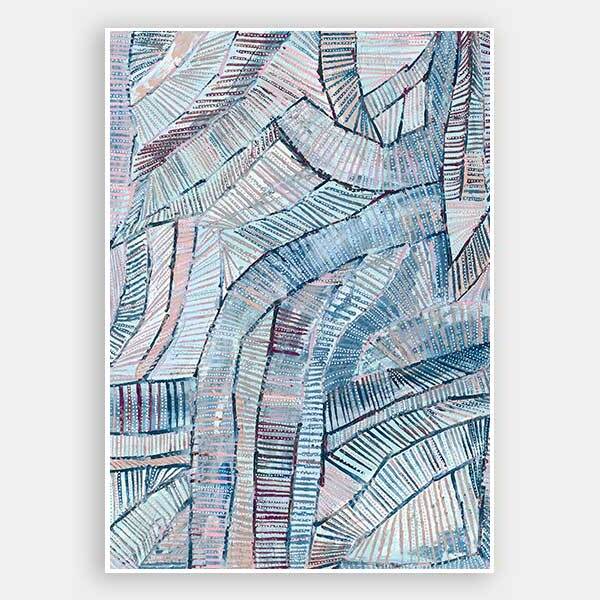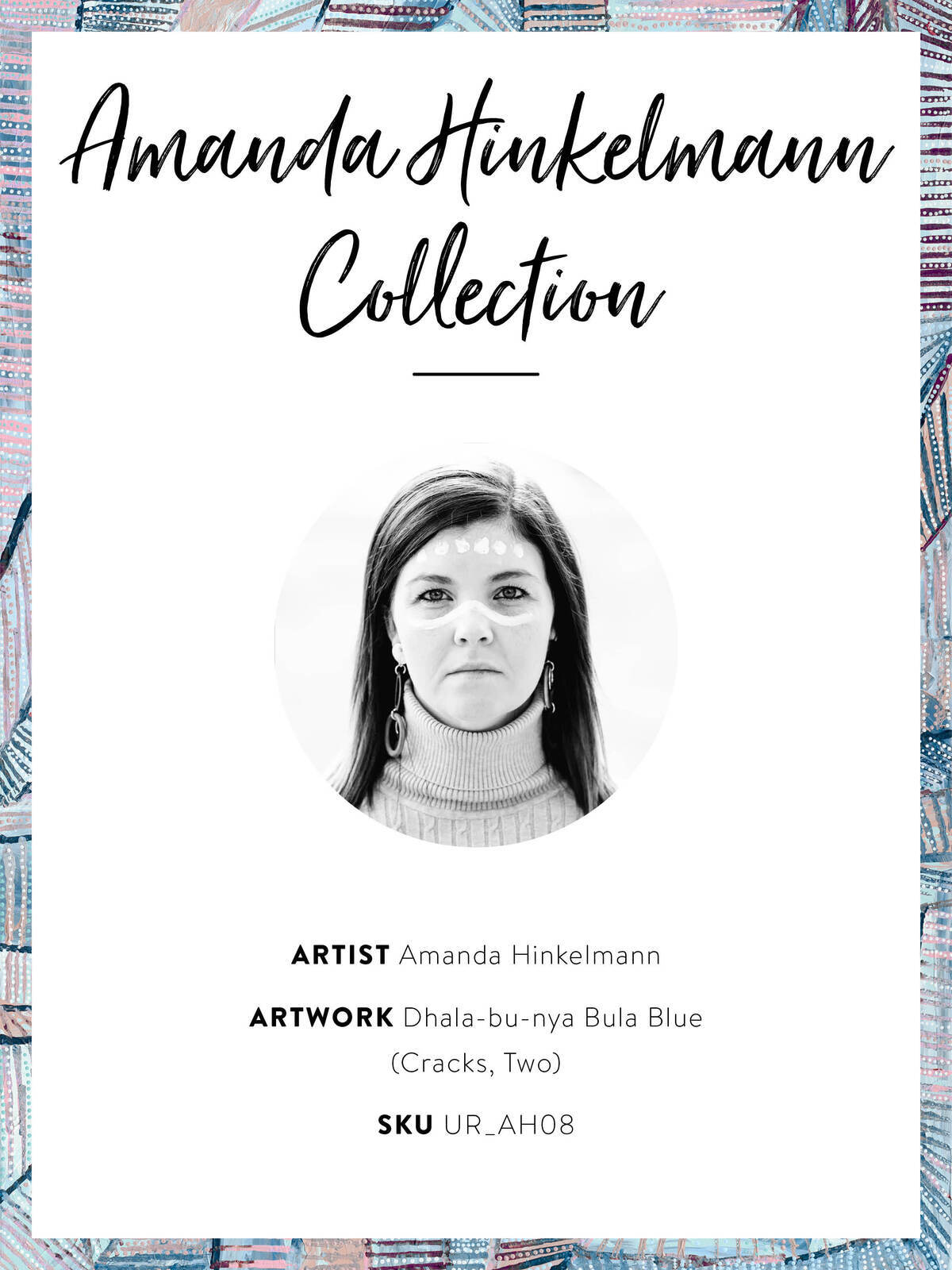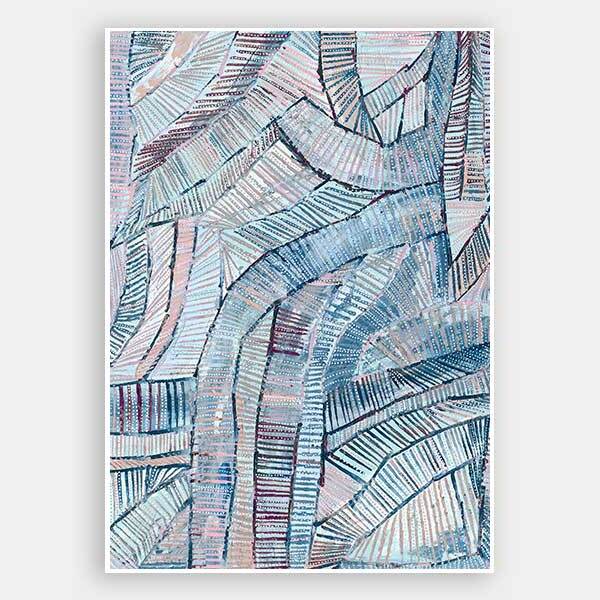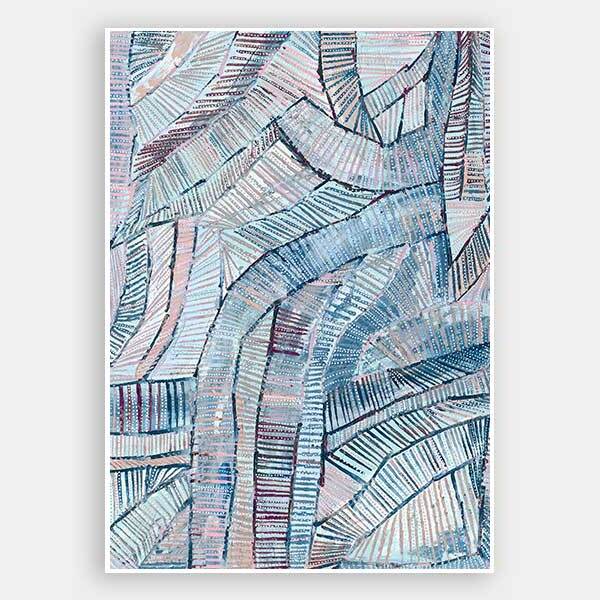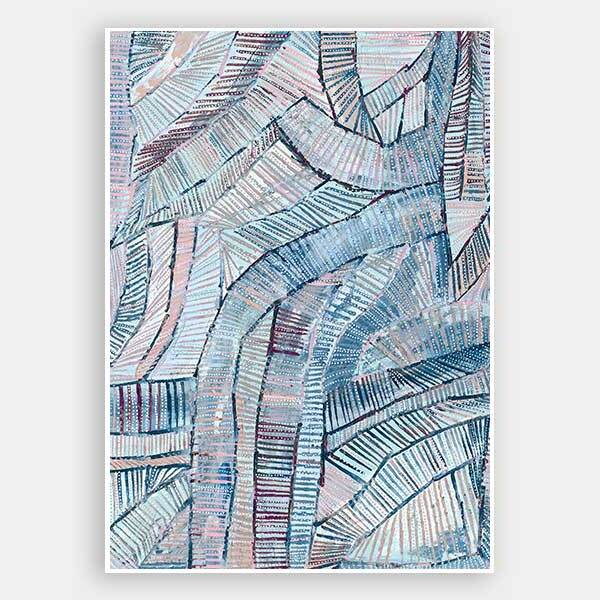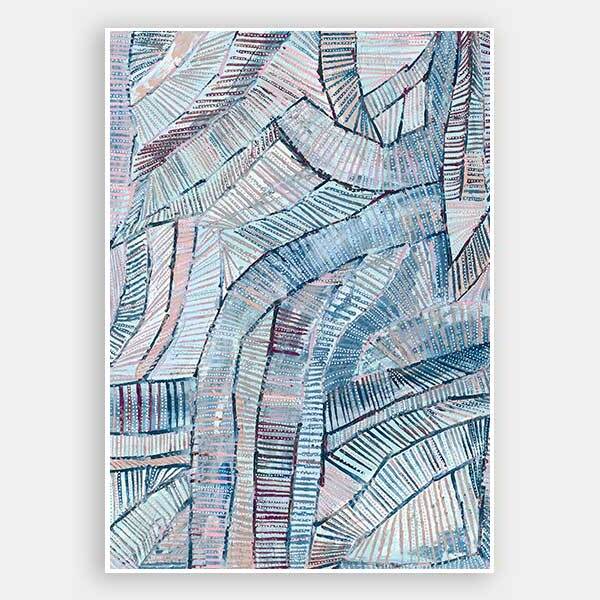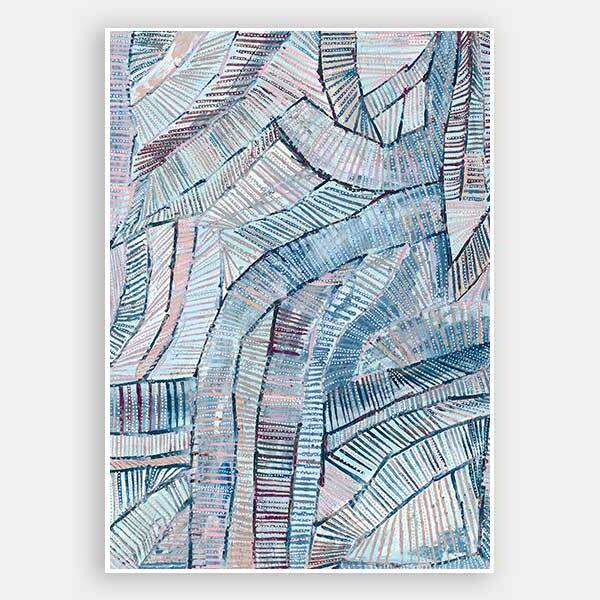Rolled Paper Print
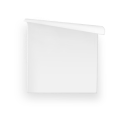
Fine Art Print
Rolled Paper Print Dimensions & Specs
Ensure that you have the correct dimensions for your artwork, and take precise measurements of your space to confirm that your art piece will fit seamlessly.
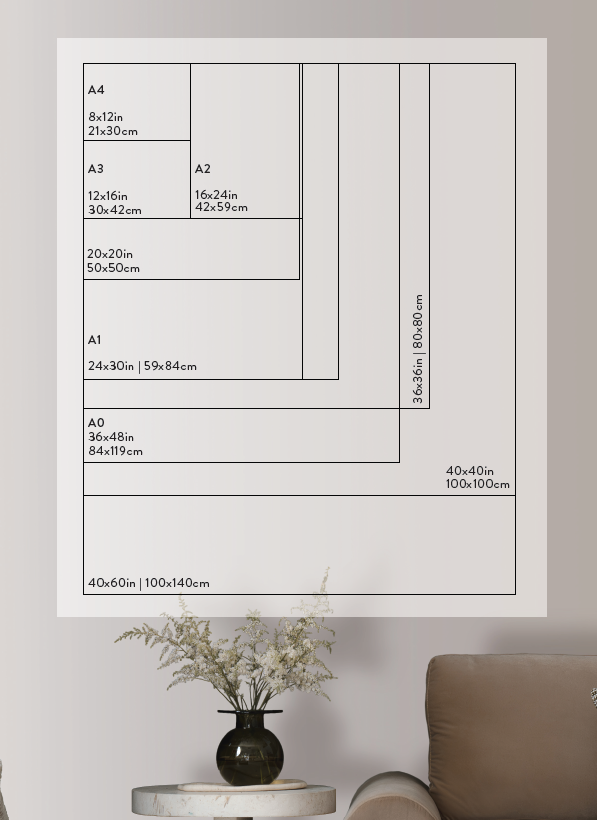
Try our app to view this product in your home
Rolled Paper Print Dimensions & Specs
Ensure that you have the correct dimensions for your artwork, and take precise measurements of your space to confirm that your art piece will fit seamlessly.

Try our app to view this product in your home
Framing options
We also offer the option to add a shadow box frame to your Urban Road canvas art print. A little different from a traditional framed print, the canvas sits within the box frame with a 5mm gap, creating a sophisticated shadow effect between the frame and the canvas. Our solid timber box frame mouldings are 10mm wide, and 55mm deep, and add approximately 40mm to the length and height of the listed canvas size.
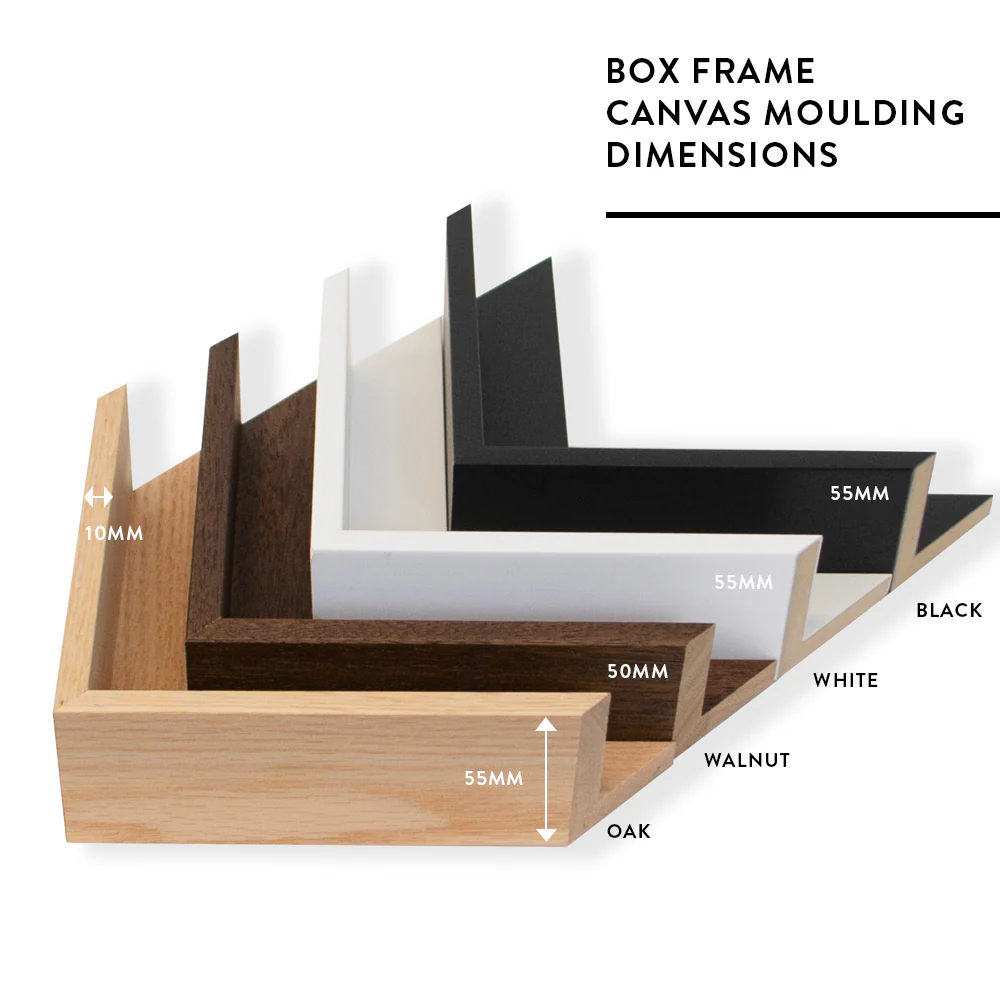
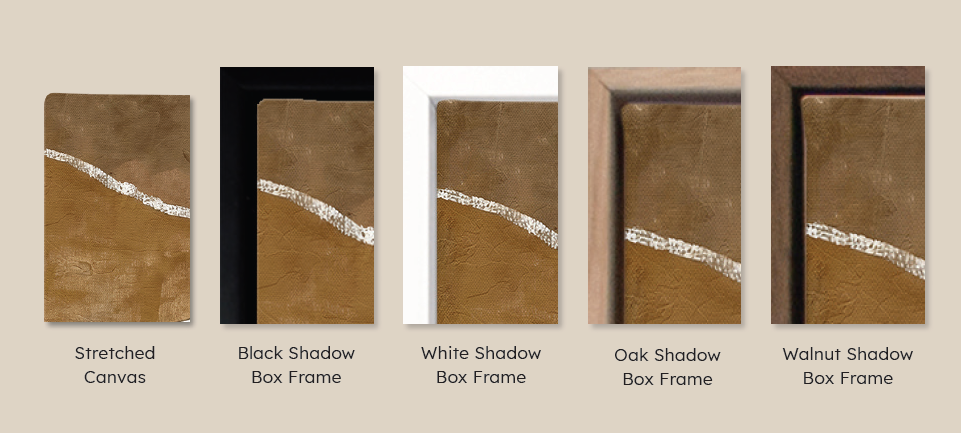
Mat Board
Urban Road’s framed prints are printed using archival inks and paper - which means no fading! The frames are made from high-quality timber mouldings, the Standard profile measures 20mm wide × 20mm deep, while the Premium profile is 30mm wide × 45mm deep. The framed prints are securely mounted onto foam core and framed behind museum grade plexiglass. Framed artworks are available in black, white and oak finish, with a choice of matboard, no matboard or printed white border. All artworks come ready to hang.
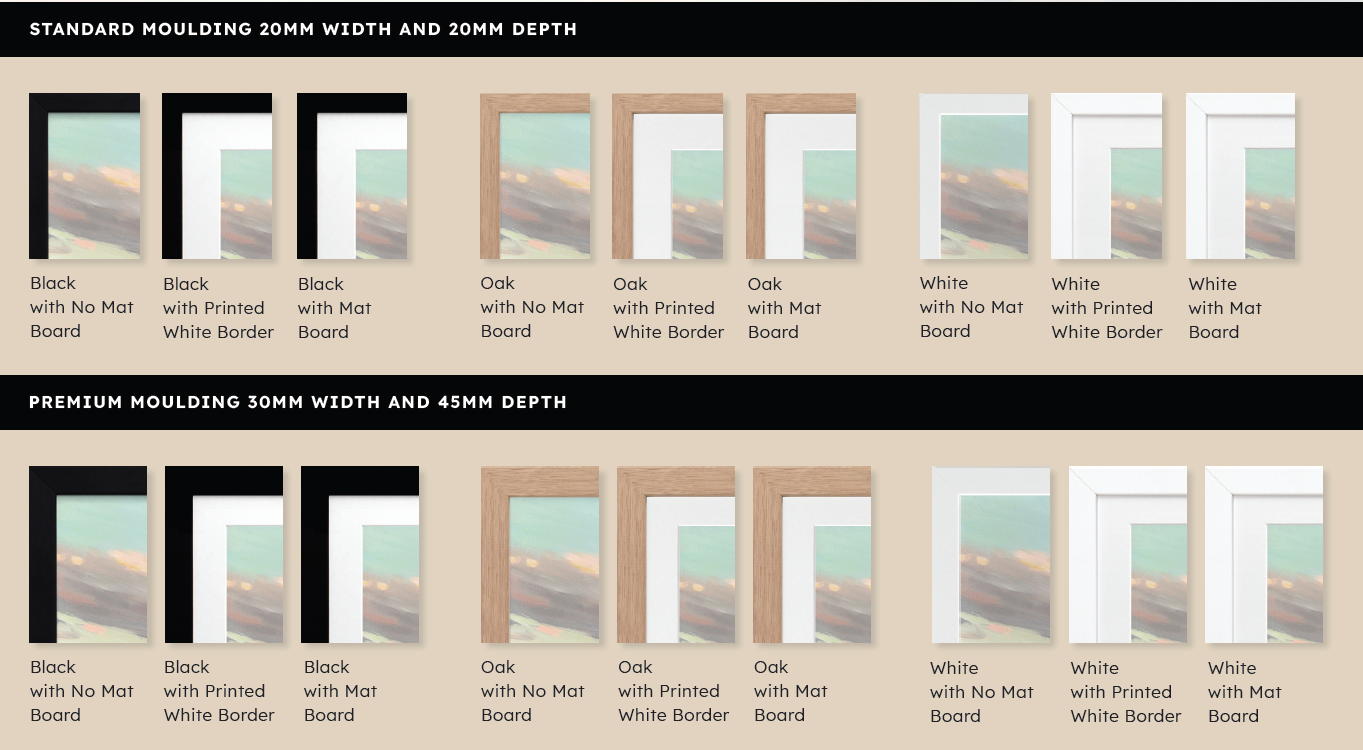
about the artist
download artist story
Dhala-bu-nya Bula Blue Unframed Art Print - Sharp and methodical, this labyrinthine contemporary Indigenous Aboriginal piece features ladder like structures weaving and overlapping one another, representative of the earth's cracks and crevices after a drought. Artist Amanda Hinkelmann has used this piece to create a visual metaphor for reluctanct acceptance of support after neglect. The colour palette is cool and muted, featuring dark, murky blue and navy tones highlighted with soft pink, beige and burgundy accents.
After a long drought the ground, as desperate as it is for water, forebodes its penetration, although it is such a vital life source, due to its absence when it was needed most.
Urban Road is committed to investing a stream of ongoing financial support back to our artist community. For every artwork sold, a percentage of the sale price goes directly back to the artist.
Disclaimer: Colours of Urban Road products may vary due to device display differences, monitor settings, inherent product variations, lighting conditions, and screen calibration. While we strive for accuracy, slight variations may occur. For any concerns, contact our customer support. Your satisfaction is our priority.
Rolled Paper Print

Fine Art Print
Rolled Paper Print Dimensions & Specs
Ensure that you have the correct dimensions for your artwork, and take precise measurements of your space to confirm that your art piece will fit seamlessly.
Try our app to view this product in your home

PRODUCTION TIME:
Each piece of Urban Road art is handmade to order in Australia, ensuring your artwork is crafted exactly to your specifications. Production times vary by product type: Canvas Prints, Framed Prints & Poster Prints are produced within 7 business days and Rolled Prints within 5 business days. After placing your order, you’ll receive a confirmation email, and we'll notify you when your artwork is ready to transition to the Delivery stage.
LEAD TIME:
INTERNATIONAL AVAILABILITY:
SPECIAL NOTES ON DELIVERY:
How do I know which size to order?
Start by measuring the full width and height of your chosen wall. Because not all wall edges, ceilings, and cornices are perfectly straight or level, we'd recommend measuring to a few different points along the top and side of your wall, and then working off the largest measurements of each. Once you have your width and height, use this to choose the nearest possible wall size from the options listed. If your wall falls between sizes, then always round UP to the next largest size.
How do I prepare my walls?
Where can I apply Wallpaper or Murals?
What is the Wallpaper made from?
How do I know which type of Wallpaper to use?
How is pricing calculated?
Do you offer custom Wallpaper options?
Can I get a test sample before ordering?
Disclaimer

